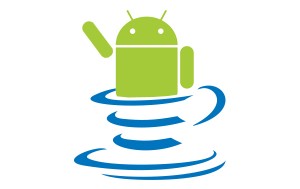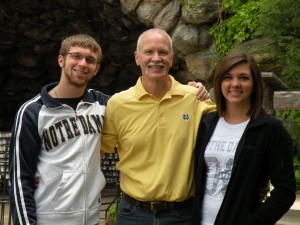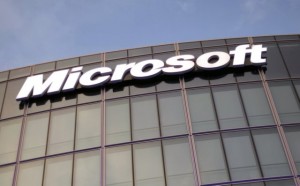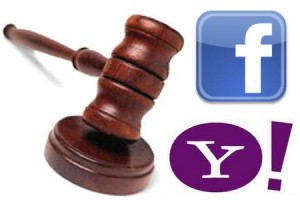How’s this for a start to a recent article in the New York Times:
“Patent lawyers are in such demand that their specialty may account for more than 15 percent of law firm job openings while representing just 3 percent of lawyers in the United States.”
Yes, intellectual property is booming in the U.S., thanks in part to the America Invents Act, which allows for more patents to be applied for and issued.
One of the central hubs for patent careers is in the San Francisco Bay area, where a close proximity to Silicon Valley the demand for protect all the innovation coming from the myriad tech businesses there. Hip, temperate, and cosmopolitan, with plenty of fine restaurants and endless cultural happenings—not a bad place to start a career…
Interestingly, the article also states that overall hires “among law school graduates continue to weaken… the employment rate among American law school graduates fell 4.7 percent last year” according to the National Association of Law Placement.
Which is another plus for patent professionals, who with the help of a Masters in Patent Law from Notre Dame, need only to pass the patent bar to be able to prepare patent applications and administer cases with the USPTO—all without the time and expense spent at law school.
In keeping with the haute opportunities available to those with a patent background, it seems if the world of law were the world of cuisine, it’s fair to say that patent professionals would be the succulent black truffle mushroom: rare, in great demand, and able to fetch a premium price!



